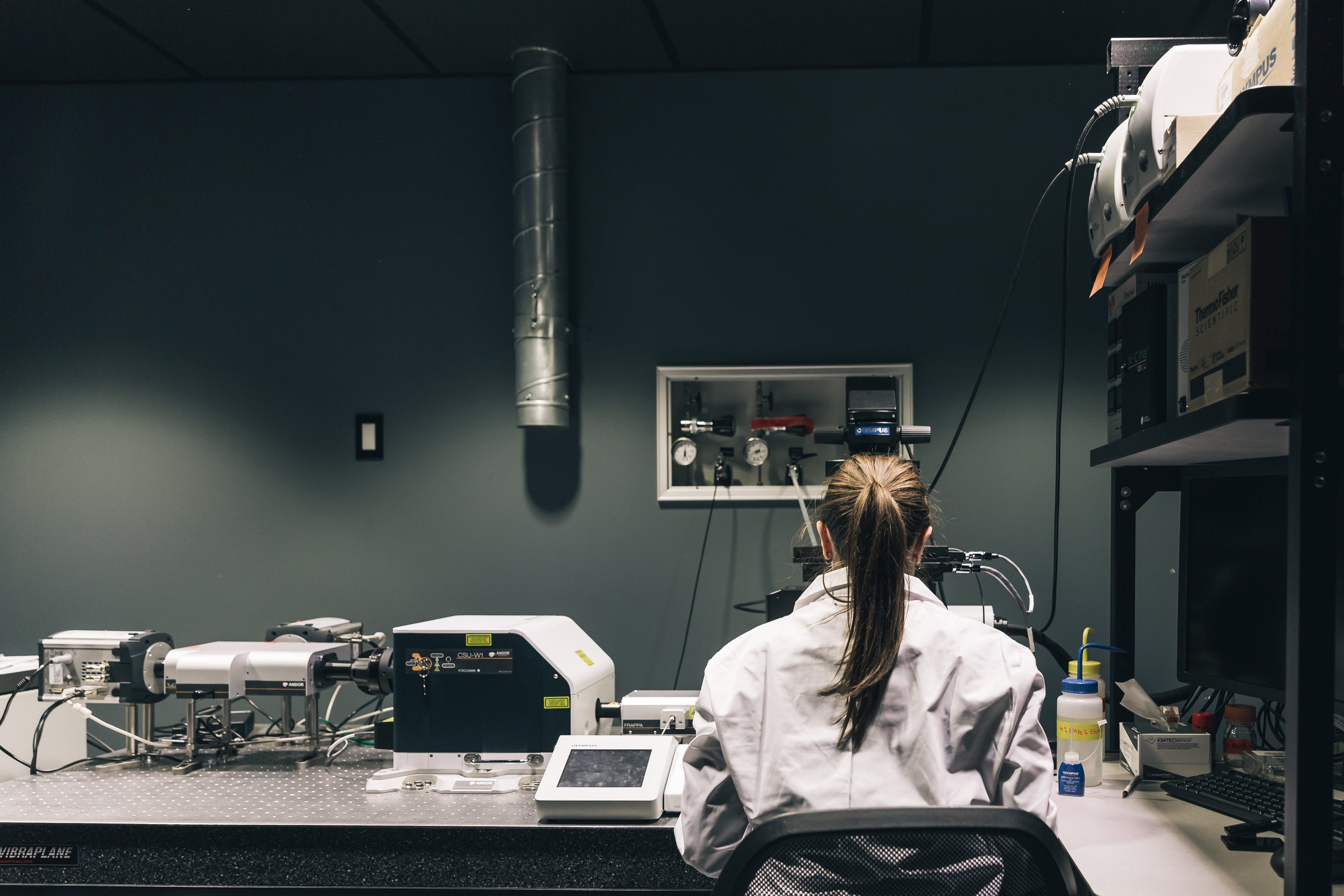Lifestyle & Trends
-
Read more: AI, Human Sleep, and the Quest for Optimized Memory Storage

AI, Human Sleep, and the Quest for Optimized Memory Storage
AI, Human Sleep, and the Quest for Optimized Memory Storage
As artificial intelligence (AI) progresses, it offers fascinating parallels to human cognition, particularly in memory storage and sleep. Inspired by Elon Musk's idea of simulated reality, this blog explores how AI's efficient data processing could shed light on human biological constraints.AI systems rely on optimized storage formats to handle vast data, highlighting the inefficiencies of human memory processing, especially during sleep - a critical time for restoring the brain and consolidating information. Could lessons from AI's advanced memory systems help humans manage mental clutter, improve sleep quality, or even redefine how we store and process experiences?
This concept bridges neuroscience, philosophy, and technology, envisioning a future where breakthroughs in AI inform mental health and well-being. Stay tuned for a deeper exploration of these transformative ideas.
Read more
Lifestyle & Trends
-
Read more: AI, Human Sleep, and the Quest for Optimized Memory Storage

AI, Human Sleep, and the Quest for Optimized Memory Storage
AI, Human Sleep, and the Quest for Optimized Memory Storage
As artificial intelligence (AI) progresses, it offers fascinating parallels to human cognition, particularly in memory storage and sleep. Inspired by Elon Musk's idea of simulated reality, this blog explores how AI's efficient data processing could shed light on human biological constraints.AI systems rely on optimized storage formats to handle vast data, highlighting the inefficiencies of human memory processing, especially during sleep - a critical time for restoring the brain and consolidating information. Could lessons from AI's advanced memory systems help humans manage mental clutter, improve sleep quality, or even redefine how we store and process experiences?
This concept bridges neuroscience, philosophy, and technology, envisioning a future where breakthroughs in AI inform mental health and well-being. Stay tuned for a deeper exploration of these transformative ideas.
Read more
